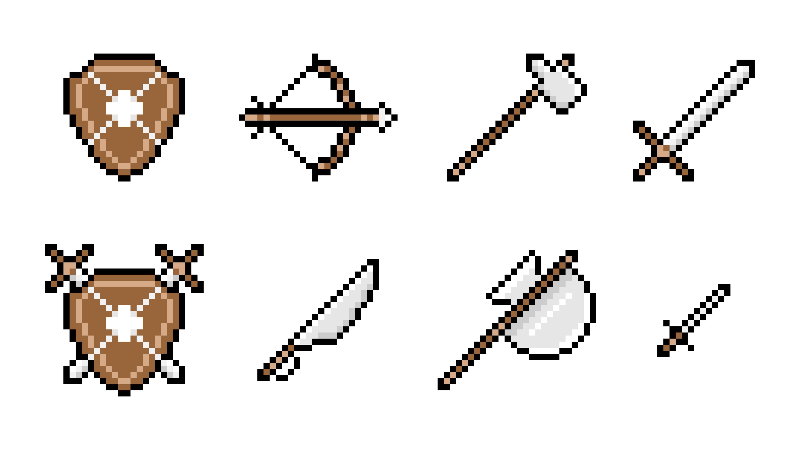Valorant Economy Guide

By Juan Salano | August 25th, 2022 | Categories: Valorant
Valorant is a free-to-play 5v5 first-person game that is published by Riot Games. This game requires precise aim and appropriately using your agent’s ability to win the game. Valorant is also one of the major competitors of the legendary game CS: GO. This Valorant Economy Guide will help players optimize their credit usage.
The game starts with the player either on the attacking or defending side. The attacking side’s primary goal is to plant the spike, and the defender’s goal is to buy time and defuse the spike. Each team of five gets to play both attackers and defenders during the game, and the match has 25 rounds total, with the first team to win 13 rounds being declared the victor.
This game is fairly simple and one that CS: GO players will be familiar with. In fact, anyone that played CS: GO will notice many similarities between that and this game. In this guide, I’m going to teach you how to maintain your team’s economy, which could lead you to victory aside from precise aim and carefully planned strategy.
Table of Contents
What are Credits in Valorant?
All your weapons, abilities, and shields in a Valorant match are bought with the in-game currency called Credits. Purchasing such items is done during the Buy Phase.
Credits earned per round are not always a set number to remember. It’s fluid and changes with the game as it;’s played out. Few players know the credits they earn per round, especially at lower-level gameplay. The values of credits change depending on how the match plays out. Here are some key notes that you need to remember:
- The match starts everyone off with 800 credits (pistol round), and you earn 200 credits per kill.
- On the attacking side, you earn 300 credits each for planting the Spike. However, defusing the Spike won’t give you extra credits on defending side.
- A team earns 3000 credits per member for each round win.
With those numbers set, here is where it can fluctuate for the losing side:
- A team earns 1900 credits per member for a Round Loss.
- A team earns 2400 credits per member for 2 Round Losses in a row.
- A team earns 2900 credits per member for 3+ Round Losses in a row.
If a player survives a round, they will only be granted 1000 credits since they will carry their weapon over to the next round.
Types of Buys
It’s impossible to always buy the best gun and abilities every round, and knowing how to manage your economy will help you win the game. Your type of buy will dictate how you play that specific round and think of how to capitalize on that position or strategy. Here are some terms you might hear your teammates say to dictate when and what to buy.
Full Buy: As the name implies, you will purchase the best weapon possible (Phantom, Vandal, Operator, or Odin) As well as heavy shields and all of your abilities.
Half Buy: This describes a round in which you must purchase a weapon that won’t break the bank but allows you to be competitive in a given round. Light buy includes weapons such as SMGs(Spectre or Stinger), Shotguns (Judge or Bucky), Marshal, Bulldog, and Guardian. This includes a mix of light shields and heavy shields. The range of weapons and shields is large because half buys are important to ensure that you can afford a full buy the next round.
Eco Round: This is done when your team is in dire need of credits. This is a round where everyone keeps their classic or only buys Sherriff. A key to a successful save is to rush a site and try to get as many kills as possible. This drops rifles for your team to use in the round and hurts the enemy team’s economy since they have to rebuy the rifle for the next round.
Force Buy: This is when your team is forced to disregard the future economy. You are forced to buy as best of a buy you can to either not lose the match or if credits reset. This happens if you are facing a loss or the round before halftime.
The Meta: Should I Full/Half Buy, Force Buy, or Eco?
The first three rounds are the most essential part of the game since these rounds will affect your overall economy (each half) and build momentum for you and your team. The first round is referred to as the Pistol Round because it is impossible to have any gun other than a pistol. The agent you select affects the gun you buy at the start of the game. Some agents’ abilities are more important than others since they have a more significant effect on helping the entire team. Abilities such as info-gathering skills or smokes are needed to help get more accessible opportunities to play the objective or kill enemies. In this case, it’s better to focus your credits on purchasing abilities than to purchase a better pistol. On the other hand, Agents, where abilities are not beneficial to everyone, are recommended to buy a better pistol such as Ghost, Frenzy, or even Sherriff.
The most important thing to note in the second round is if you win the pistol round, you can either Full/Half buy the second round for a huge advantage. A half buy in the second round includes either Spectre, Stinger, or a Bulldog (if you manage to kill three in the previous round). The safer choice is to buy shields and spectres since bulldog is expensive and could be risky if you die on the 2nd round.
If you lose a pistol round, save the next round to full buy the third round. The third round is a crucial round that dictates the rest of the half. So if you lose the first two rounds, your team should have enough money to fully buy in the third round. On the other hand, if your team wins the first two rounds, you can keep your weapon and hurt your enemy’s economy by 2-3 of them.
Buying Past the Third Round
Once the crucial first three rounds are done, it’s easy to gauge when to fully commit to a buy or when to save money.
The number of credits you need to look for is 3900-4500 credits. Having 3900 credits gives you enough money to purchase a rifle and full shields. Whereas anything with 4500 credits and more allows you to have enough to purchase everything, including your abilities. Knowing these numbers could then check the scoreboard and see how many credits your opponents have. This will help you gauge what kind of buy they will be working with and the strategy for the given round.














